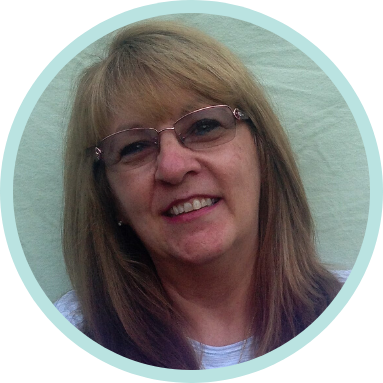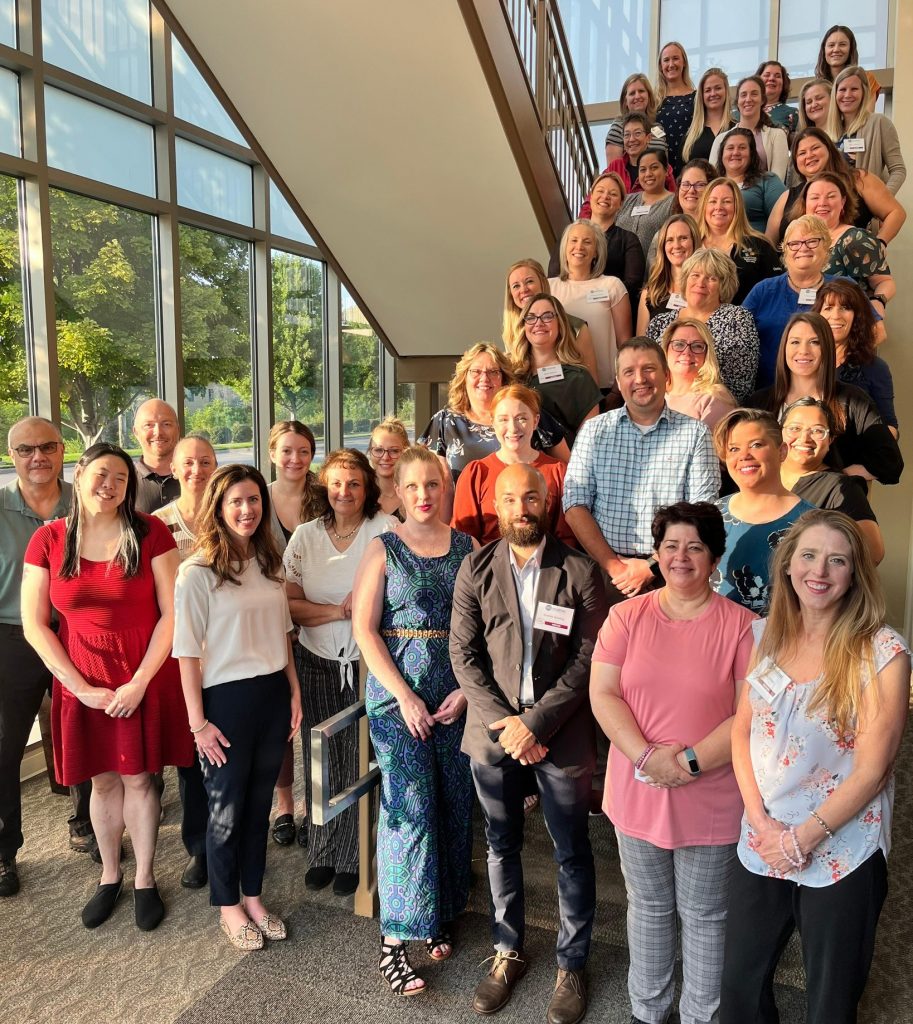On any given day an emergency nurse deals with numerous situations. We are overworked and undersupplied, overstressed and under-assisted. Overburdened, underappreciated, overloaded, understaffed and completely overextended.
We are ready to attend to whatever neurologic, urologic, obstetric, cardiac, orthopedic, pediatric, geriatric, sports medicine, general medicine, traumatic injury or bariatric problem comes up unannounced. We know a little bit of everything and are continually learning a little bit more of a little bit of everything to serve and deal with virtually any problem that walks, rolls, crawls or staggers through our doors. We have no bed limit.
We are educated, qualified, tested and licensed. We are certified in basic life support, advanced life support, pediatric life support, trauma care and pediatric trauma. Some of us are tested and examined to be nationally certified in emergency care, pediatric emergency care, critical care and trauma care. We squeeze all of this education into our already overflowing workdays and still pursue more education on our time off. We advance our degrees to masters and doctoral levels to keep ourselves truly qualified to serve the needs of our community.
We are expected to lift, carry, boost, move, support, load, roll, run, bend, squat, educate and demonstrate. We must escort the critical patient through the paces of their care, be in two places at once, hold a hand, offer a kind word and know almost everything that is going on while remembering to communicate it all to the family in a timely manner.
We must diagnose symptoms, assess situations, interpret information, administer medications, reduce pain, improve breathing, increase satisfaction, heal others as well as ourselves and attempt to stop death.
We must meet and exceed the standards, expectations, and time frames. We are expected to provide a sandwich, a drink, comfort items, toiletries, entertainment, companionship, alleviate the anxiety of both patient and family, and know where the television remote is at all times.
We must treat every person first and listen to every story in depth.
We must know the contents of their medical records and keep abreast of their medications, doses and any recent changes, while not forgetting to document which pharmacy they like to use.
We must hug the family in room 3 who is grieving for their grandmother who just died, and then walk into room 5 with a pair of crutches and a smile on our face never indicating that anything could be wrong anywhere else on the planet and demonstrate that this patients’ sprained ankle is our highest concern and priority.
We must answer questions, solve problems, work out details, find social workers, connect to help programs and be aware of community-based housing options.
So, why do we face these trials every day? Because we believe that what we do is important, and we keep coming in and we keep on pushing, pulling, lifting, serving and trying because this is just what’s normal to us. It’s what we know. Nursing is our calling; it is our passion. The difference we make in peoples’ lives is what drives us to get up and come to work every day. We save lives, change lives, touch lives, and repeat.
Written by: Cynthia Martinez, BSN, RN, CEN, CPEN

